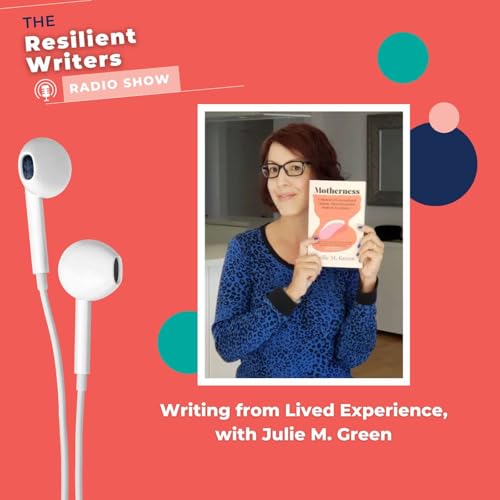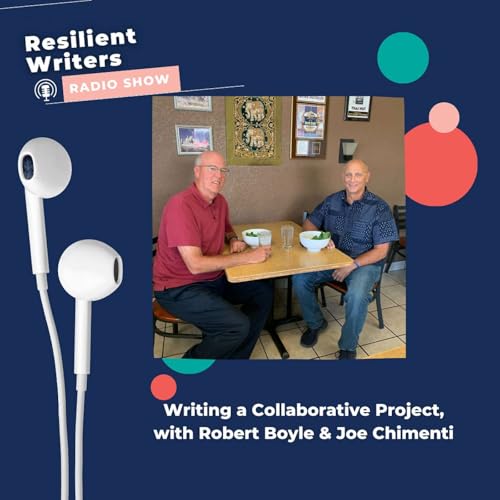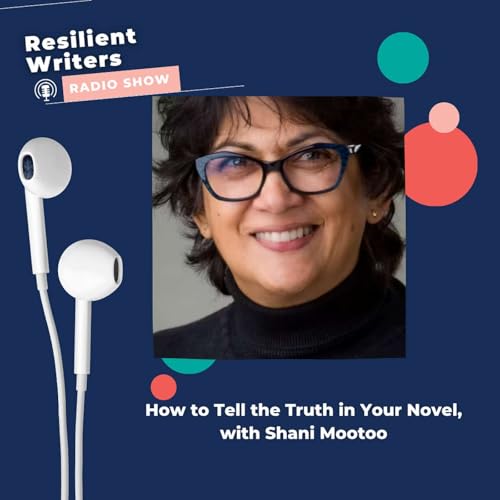Send us a text! We'd love to hear your thoughts on the show.
If you’ve ever wondered whether self-publishing is “worth it,” or felt overwhelmed by all the moving parts—editing, design, distribution, marketing—this episode is for you.
I’m joined by Leanne Janzen of FriesenPress, the author-services arm of Friesens Corporation, a century-old Canadian printer trusted by traditional publishers and indie authors alike.
Leanne has worn multiple hats—from publishing specialist to leading a sales team—and she’s passionate about demystifying today’s publishing landscape so writers can make informed, confident choices.
We start by clearing up an old term—“vanity publishing.” In 2025, it’s out of date. Leanne breaks the indie space into two practical paths: DIY self-publishing and service-provider self-publishing.
With DIY, you’re the project manager: you learn what you can, hire freelancers (editor, formatter, cover designer), and quarterback the whole timeline. It can be empowering—but also time-intensive and overwhelming, especially for first-timers. With a reputable service provider, you still retain creative control (yes, you can reject a cover or choose your price!), but you also get a dedicated project manager, pre-vetted editors and designers, and quality checks at each stage so you don’t miss critical steps.
We dig into costs and transparency. Expect a range: a basic path without editing at FriesenPress sits around $2,200, while a premium, all-in “masterpiece” path (specialty cover, three rounds of editing, promo coaching, social planning, promos) can reach $15,000.
Industry-wide, a commonly cited average to produce a quality book is $5–6K—and if you’re spending in that zone with a service provider, Leanne says at least one round of editing should be included.
👉 The big lesson: clear pricing pages, plain-English agreements, and upfront explanations of scope matter. If a company won’t share a contract before you pay—red flag.
Leanne also flags common author pitfalls: designing files before checking trim sizes and distributor specs; assuming one print file fits all platforms; and underestimating the time cost when you try to save cash. Her advice: if you’ll eventually want help with distribution, talk to potential partners early and get their external design specs before you commission files.
We also touch on resources and funding. FriesenPress offers free guides (author’s publishing guide, crowdfunding, writing templates). Crowdfunding (think Kickstarter) can bridge the budget gap, and in Canada, arts councils and provincial/federal grants may help—worth exploring.
Finally, we clarify service provider vs. hybrid presses: they differ in distribution channels, royalty formulas, and sometimes rights. Read agreements carefully, especially around content ownership. And if your dream requires strong creative control (like a specific cover), indie publishing is often the better fit than traditional.
If you're looking for more information on self-publishing, grab one of these free guides from FriesenPress:
Author's Guide
Writing Guide
Crowdfunding Guide
 31 min
31 min 26 min
26 min Jan 22 202621 min
Jan 22 202621 min 31 min
31 min Nov 27 202520 min
Nov 27 202520 min Nov 13 202527 min
Nov 13 202527 min 33 min
33 min 29 min
29 min
